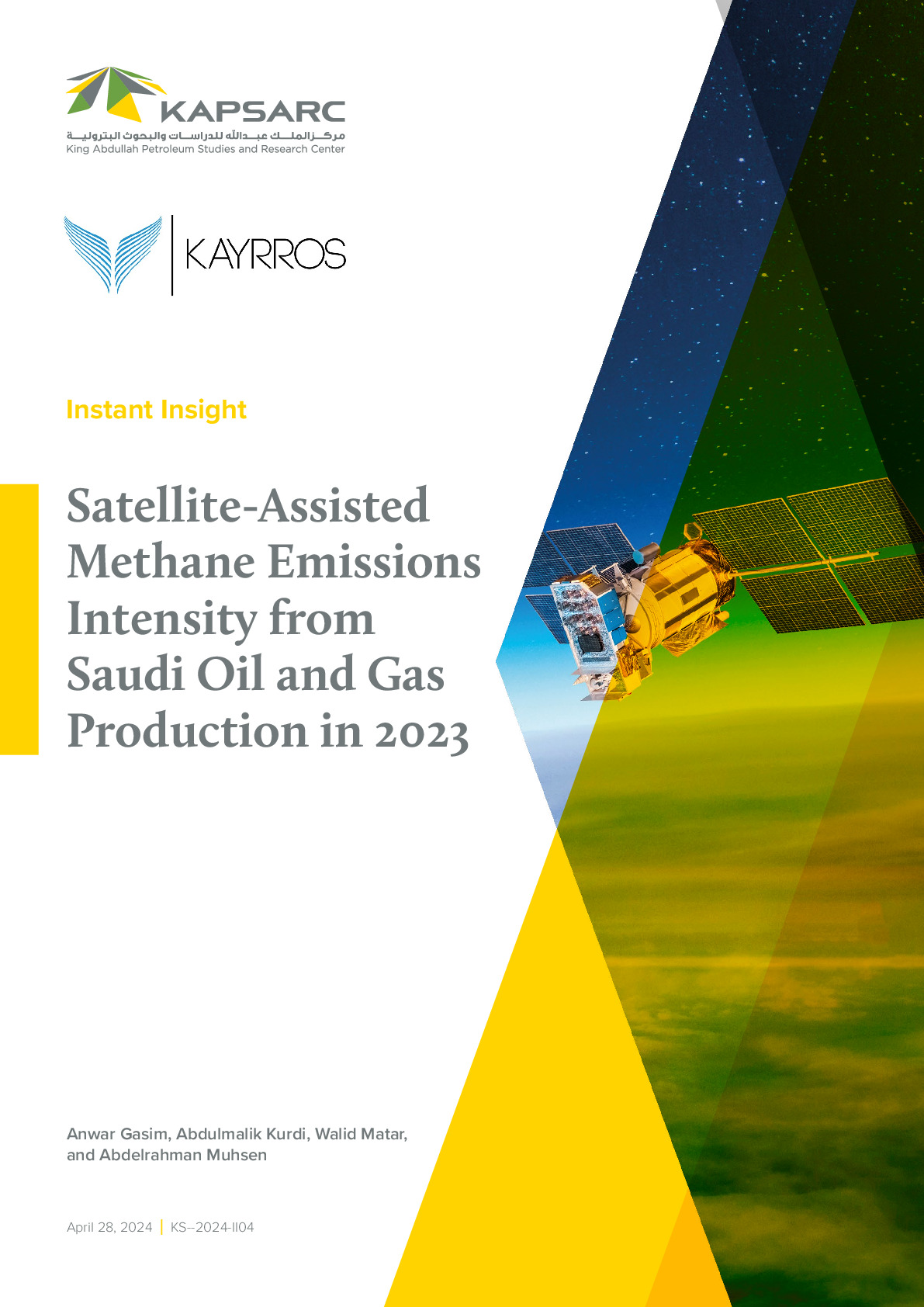The Saudi electricity sector currently buys fuel and sells electricity at prices administered by the government. In this analysis, we illustratively explore combining the reform of the fuel prices used in power plants with the implementation of alternative electricity pricing schemes for the households. Compared to the scenario replicating the year 2015, we find: ● The aggregate gain to the energy system could reach nearly $12 billion per year by raising both electricity prices to households and industrial fuels to reflect the cost of supply or international markets.● Households would pay an additional $3 billion in electricity costs without any mitigation for the low-income households. However, Lifeline prices would halve this burden, while maintaining greater gains than deregulating fuel prices alone.● The average electricity price paid under the lifeline scenario would be a more manageable 4.0 cents/kWh, versus an average marginal-cost price of 7.1 cents/kWh.In the alternative electricity pricing scenarios we study, natural gas usage by the power utilities falls, allowing gas to flow to other industries, which would consume it to reduce their costs. We find the marginal values of natural gas falling at higher electricity prices, indicating that the supply of gas is becoming less constraining. © 2017 The Authors

Research Fellow
Walid works on modeling energy systems. He is developing or has developed the following components of the KAPSARC Energy Model…
Walid works on modeling energy systems. He is developing or has developed the following components of the KAPSARC Energy Model (KEM): electric power generation, oil refining, petrochemicals and fertilizers, cement production, and iron and steel. He is also working on a bottom-up residential electricity use framework that merges microeconomics with the physical laws governing electricity use.
Expertise
- Energy Systems Modeling
- Optimization
- Electricity Prices
- Energy Efficiency and the Interdisciplinary Connection Between Energy Economics and Engineering
Publications See all Walid Matar’s publications
Energy Policy Pathways to Inform Climate Policy in Saudi Arabia
The Saudi electricity sector currently buys fuel and sells electricity at prices administered by the…
1st May 2024
Satellite-Assisted Methane Emissions Intensity from Saudi Oil and Gas Production in 2023
The Saudi electricity sector currently buys fuel and sells electricity at prices administered by the…
28th April 2024
